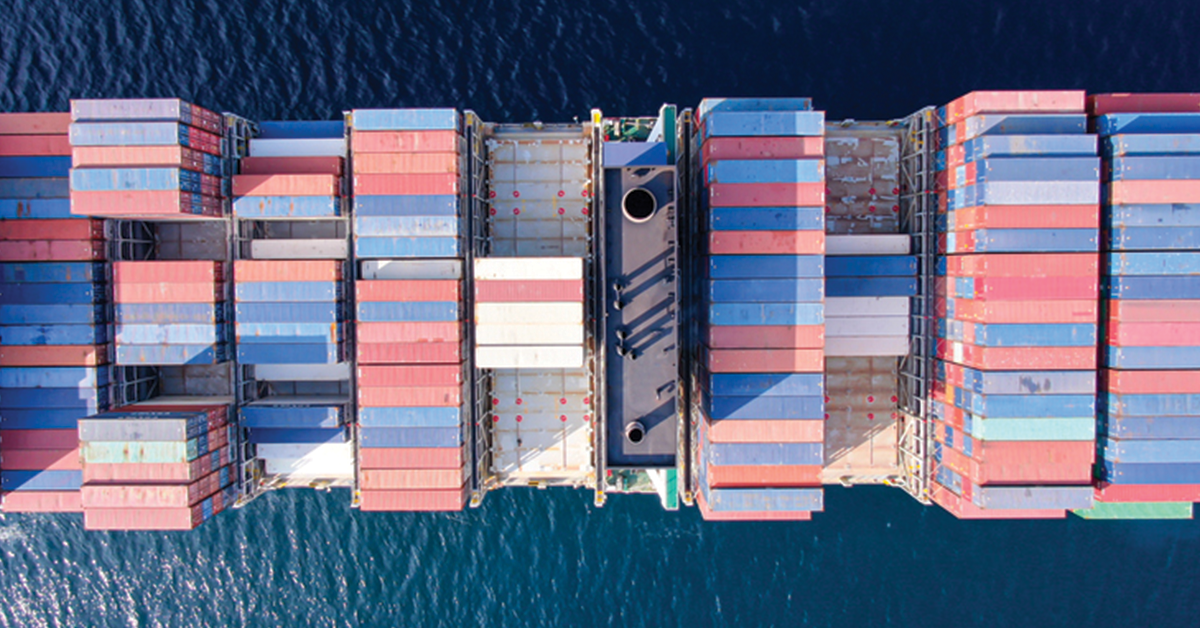Red Sea Disruptions Now Impacting Food Chains
by Staff, on Feb 12, 2024 9:51:57 AM

The U.S. economy may be at risk due to the Red Sea disruptions, stakeholders warned regulators during a hearing last week. The House of Representatives’ Coast Guard and Maritime Transportation subcommittee held a hearing last week to evaluate the emerging challenges posed by ongoing attacks on commercial shipping along the Red Sea. Shipping experts warned of possible congestion and higher inflation if the situation prolongs.
The Red Sea vessel attacks from Houthi rebels have already caused a ripple effect for supply chains. As ocean carriers have rerouted several vessel services, transit times and ocean shipping rates have gone up significantly. In turn, some food shippers have already reported delays and constraints for certain ingredients and food-related products.
Shipping disruptions, brought on by militia attacks in the Red Sea and drought problems in the Panama Canal, are expected to negatively impact U.S. food and beverage companies in both exports and imports, according to an industry overview report from BofA Global Research released Jan. 31.
According to the report, companies sourcing from Asia that face the greatest risks from shipping disruptions include Keurig Dr Pepper for brewers from Asia, and McCormick & Co. for spices from India and Indonesia. Protein companies such as Tyson Foods, Hormel Foods, and Pilgrim’s Pride Corp., who export to Asia, may also be impacted adversely as could Latin American protein companies such as JBS, Marfrig and Minerva Foods.
Sovos Brands, which the Campbell Soup Co. is in the process of acquiring, also may see shipping delays since it imports its Rao’s Homemade sauce products from Italy through the Mediterranean Sea to the United States, according to the report.
The shipping issue in the Red Sea differs from the issue during COVID-19 in which a demand problem led to a scarcity of containers, according to BofA Global Research. While there is an adequate supply of containers now, they are moving slower. Ships and containers appear to be more detoured than canceled.
Related Articles:
Middle East Conflicts Cause Rise in Freight Rates
Food Chain Spotlight: Hormel Foods
Campbell Soup to Consolidate Snacks Offices to Camden HQ to Fuel Growth
Campbell Soup Company: Food Chain Snapshot
McCormick & Co: Food Chain Snapshot
Like this kind of content? Subscribe to our "Food For Thought" eNewsletter!
Now more than ever, professionals consume info on the go. Distributed twice monthly, our "Food For Thought" e-newsletter allows readers to stay informed about timely and relevant industry topics and FSA news whether they're in the office or on the road. Topics range from capacity, rates and supply chain disruption to multimodal transportation strategy, leveraging technology, and talent management and retention. Learn More



